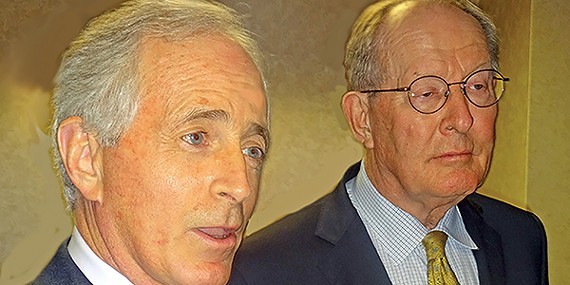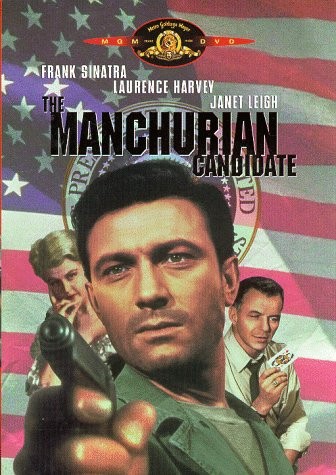
Erin Mazurek
The ATP World Tour returns to the Racquet Club of Memphis this week, the 41st consecutive year of professional tennis in the Bluff City. It is the third Memphis Open under the watch of Erin Mazurek.
You’ve got two tournaments under your belt. What have you learned about tennis fans in Memphis, and the community in general?
It’s been a learning experience. I didn’t really understand the state the tournament was in when I got here. It needed a lot of love. For this community, that means a lot of personal conversations and one-on-one meetings. Personal invitations to bring people back, whether it is businesses, box-seat holders, or sponsors. This market is different from the last market I worked in [Detroit]. It’s a lot more personal down here. The community is very tight-knit. You must have a compelling business case or branding case to get the partnership.
You’ve recently added live music to the Racquet Club food court, and the championship trophy is an actual guitar. Has the connection between tennis and Memphis music added to fan engagement?
You’ve got to have a strong brand that fits with your marketplace. This tournament, with all its great history, has had so many different names and partners. But nothing resounded as Memphis. But now with the guitar pick logo, the Gibson Guitar trophy . . . now the pieces fit in a puzzle that makes sense. We stand out on the tour now. These guys are playing in cities all over the world. Your tournament stop has to stand out and scream your local points of pride. [Among performers this week will be Blind Mississippi Morris on Tuesday and John Paul Keith on Saturday, each from 5:30 to 7:00 p.m.]
The music connection has recently been embraced by the Memphis Redbirds in their own rebranding.
All of our sports properties have to complement one another. This is too small a town to consider yourself a competitor. We have to partner and cross-promote. There’s definitely a partnership mentality.
The Memphis Open is one of only 10 ATP events in North America. What kinds of challenges do you and your staff face in keeping pro tennis on the radar of a market with a variety of entertainment options?
We have to drive home the message that we’re one of ten. Memphians are really proud of our town, our region, our giving, our hospitals. We have something that so many other cities have either lost or never had. One of ten cities where you can go to see professional tennis live. It’s a point of pride. We have a bit of a problem in that it’s been around so long that it’s become taken for granted [by some]. When you have four decades of history, people get a little spoiled, thinking it will always be the case. We need to change that mentality.
We’ll have a new champion this year, with four-time champ Kei Nishikori not in the field. Who should fans expect to see raising that big guitar on Sunday?
I’m never bold enough to call a champion before the tournament. But it will be good for us to see a new champion crowned. There are a lot of guys who will have a shot. If we’re lucky, we’ll see another young-gun American get his feet under him here. We have three of America’s “next-gen” stars: [2016 finalist] Taylor Fritz, Reilly Opelka, and Frances Tiafoe. I hope to see some good results out of them.
Do you have a favorite player in the field? Any style of play you enjoy watching?
Dustin Brown is fun to watch. He’s from Germany, but has Jamaican roots. He has dreadlocks that fly when he hits the ball. He has a crazy style, kind of chip-and-charge. He has wins against Rafael Nadal. And Reilly Opelka is nearly seven feet tall.
There’s no top-10 player in the field. What do you tell people who ask about the absence of some of the sport’s biggest names?
You can get on a plane and fly to New York to see them or fly to California. Or you can get in your car, drive 30 minutes, pay half the price for a ticket, and see players who would give those guys a tough match any day. We have players like Ivo Karlovic and John Isner who have been in the top ten; they’re just not sitting there right now. We’re the last indoor tournament in America. Comfort, convenience, and guaranteed matches.
Is the business community responding to the tournament’s new look and feel? Any closer to landing a title sponsor for the event?
That’s an ever-present thought, and a challenge we’re working on. We’ve had some great conversations around it. There’s still a need; we just haven’t quite found the right partner. Always in the works.
The connection to St. Jude Children’s Research Hospital remains strong. Tell us about the Ball Kids program.
This has shifted our efforts for St. Jude into something a little more meaningful. The ball kids are doing peer-to-peer fund-raising. The top fund-raiser gets to go to New York City, all expenses paid, for an exhibition match at Madison Square Garden in March. Last year we raised over $40,000. FedEx stepped up to sponsor the ball kids. They know it’s the right reason and for the right cause.
And St. Jude is not our only charity. We benefit Tennis Memphis, the city-run nonprofit courts in town. And we have a new program with Blue Cross Blue Shield, helping Shelby County Schools students, bringing them out for field trips. We’re giving 500 kids their very own racket. We give a parking lot to the Boy Scouts to raise money for their summer camp.
Share something a sports fan will see or experience at the Memphis Open that can’t be found anywhere else.
Their most intimate sports-viewing experience. Unless you’re a courtside ticket holder [at a basketball game], you’ll never get this close to sports or professional athletes. People will come up to me and say how surprised and impressed they were after coming for the first time. I love hearing that. Give it a try, for something unique to do in February. You’re going to be delighted.
 Josh Cannon
Josh Cannon 
 Greg Cravens
Greg Cravens 

 Senator Jeff Sessions
Senator Jeff Sessions 

